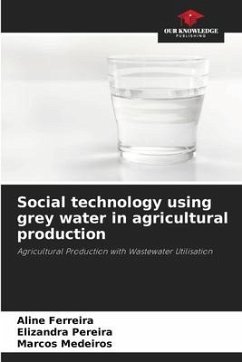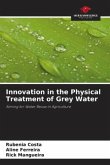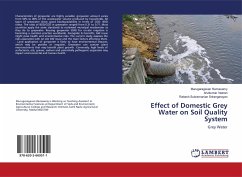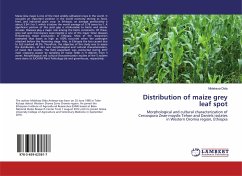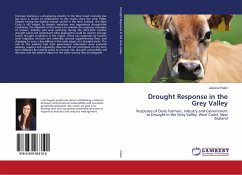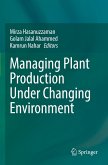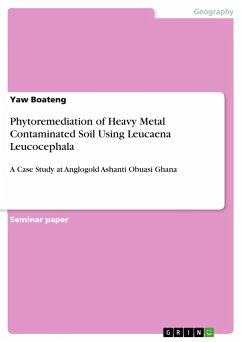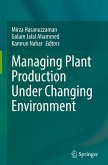Agricultural production in arid and semi-arid regions is limited due to the scarcity of water, and new alternatives have emerged to ensure the sustainability of production. This work therefore aims to monitor the viability, for the semi-arid region, of agricultural production units using grey water from a community laundry in the Ribeira district of Cabaceiras, PB. The research was carried out on the premises of the Public Laundry of the Ribeira District, in the municipality of Cabaceiras, PB. It was found that at 23 days after planting (DAP), 80% of the electrical conductivity (EC) readings were between 1.36 dS.m-1 and 2.05 dS.m-1, while at 43 DAP it was 1.17 dS.m-1 in all the units, due to the dilution of salts by rainwater during this period. The pH of the water sample from the well that supplies the public laundry was 8.2, compared to the values of the raw grey water and of the 4 readings, the lowest pH value found was 6.06 for the raw grey water (before it entered the units or tanks), characterising the pH as acidic and in the readings observed at 83 DAP it was found that the pH varied from 7.05 to 7.36.

